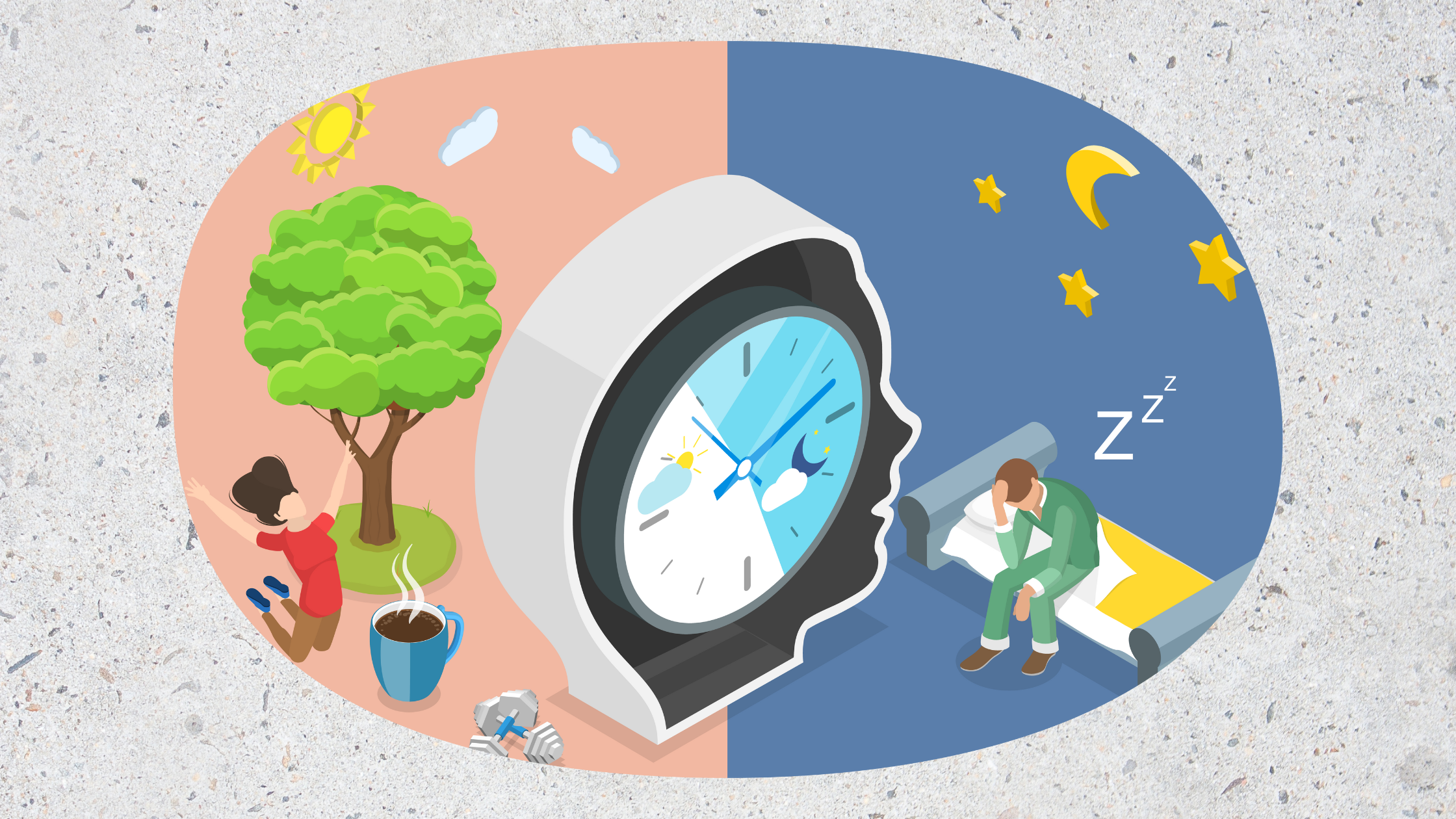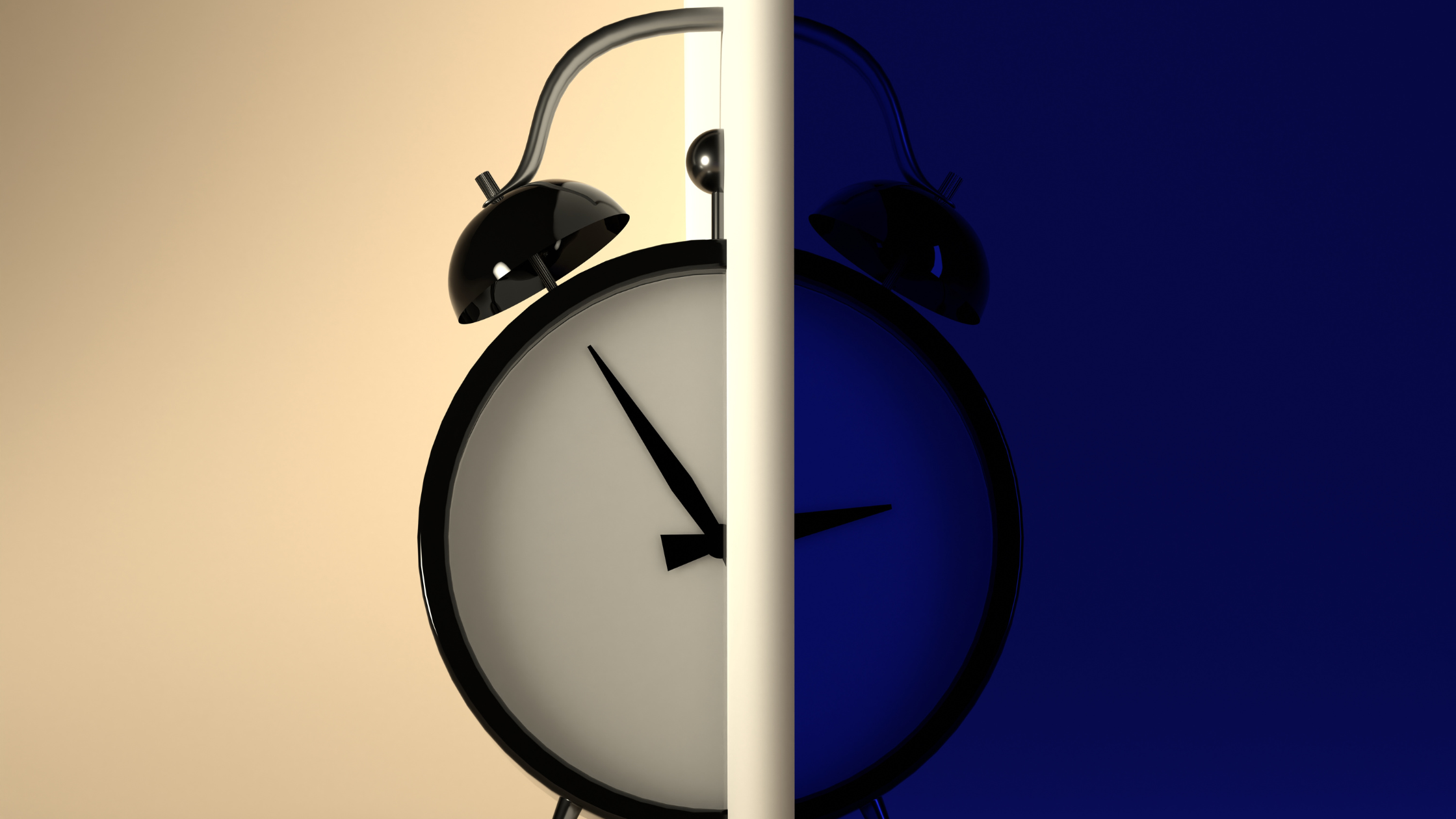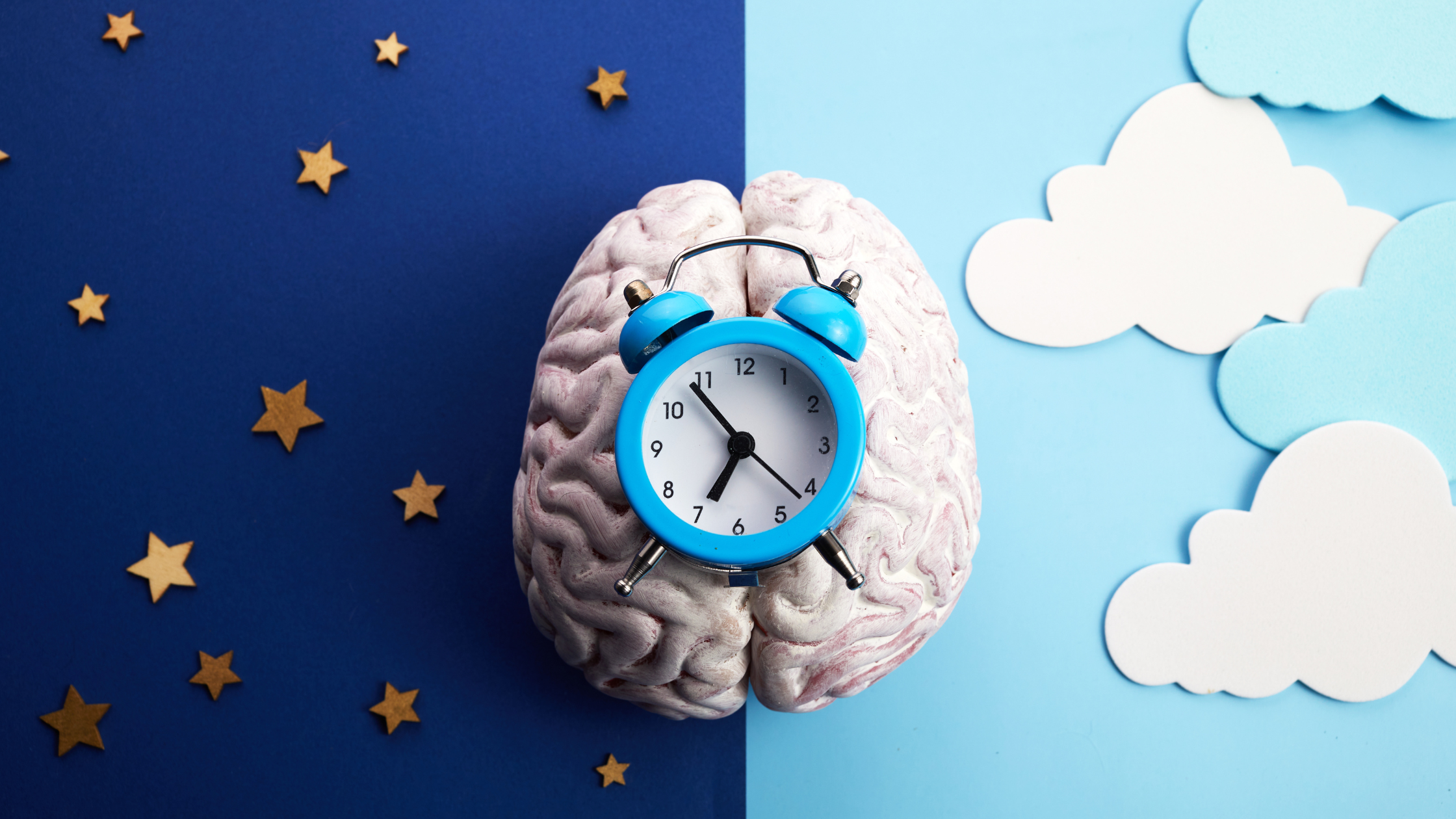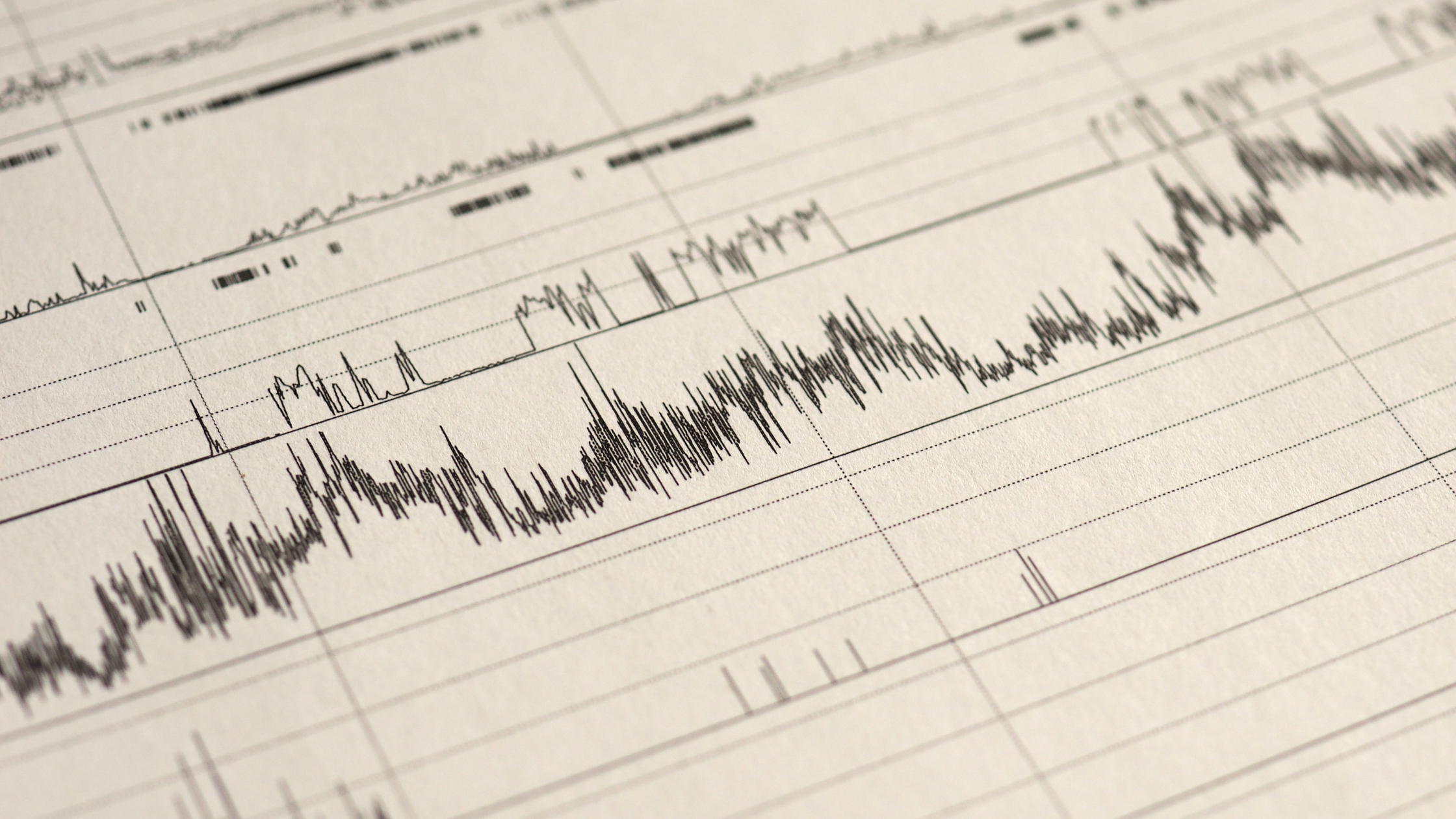Modern sleep culture encourages going to sleep, and sleeping throughout the night. This is known as monophasic sleep because there is one time to sleep.
Some cultures practice biphasic sleep. This consists of sleeping throughout the night with a daily nap in the afternoon. In those countries, there are two times to sleep.
Polyphasic sleep schedules involve more than two sleeping periods each day. Quick nap breaks could count, with reduced sleeping throughout the night. Babies are examples of populations who follow a polyphasic sleep schedule. They follow this pattern until they are about three months old, and then they learn to sleep throughout the night with about two naps throughout the day. Others who work unusual hours or jobs that require attention at all times but also follow this sleep pattern.
There are some benefits and harms of polyphasic sleeping. Some prefer it, while others do not. Is it right for you? Continue reading to find out.









